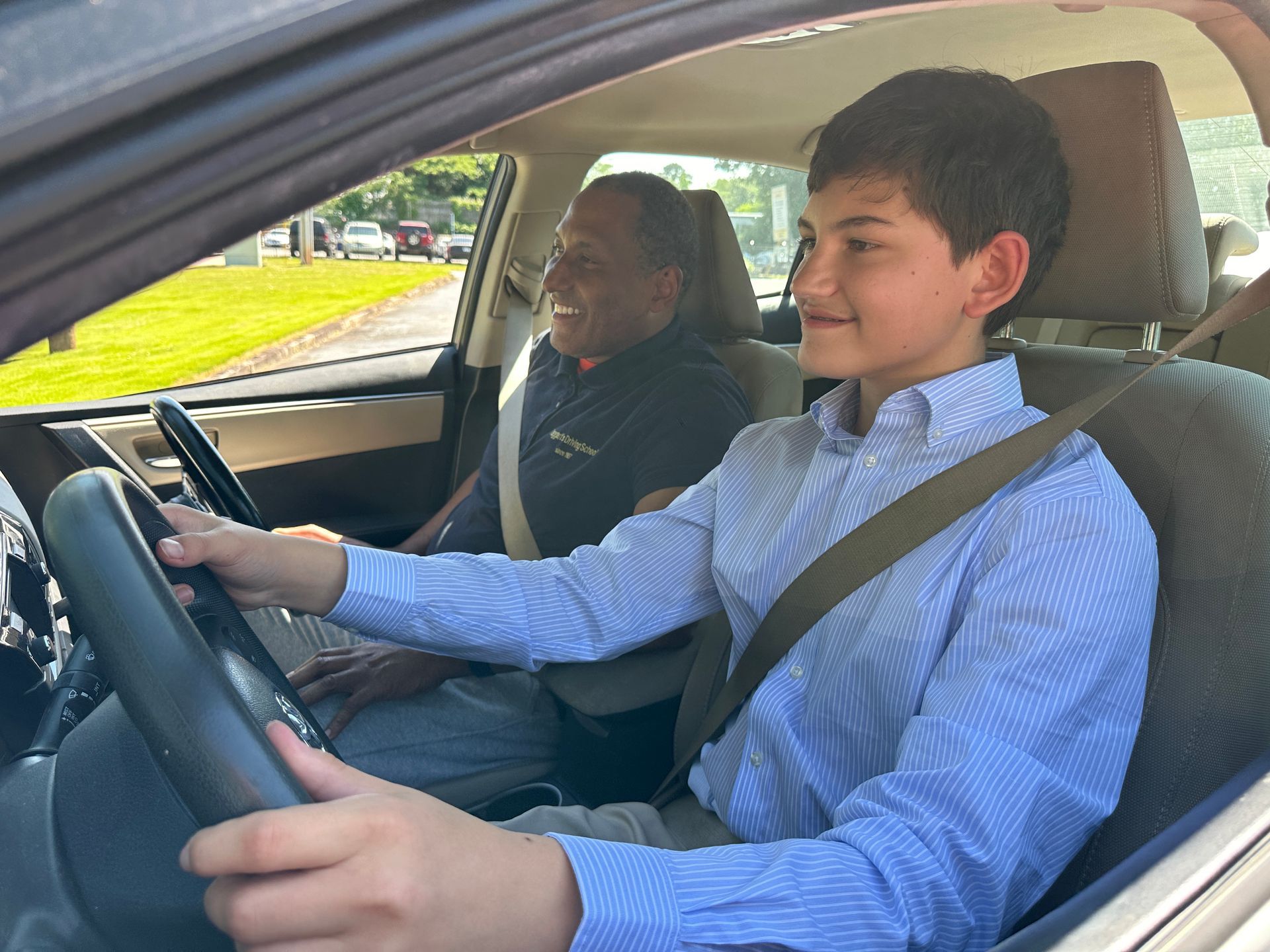You've heard about people having a designated driver when they go out to enjoy an evening with friends. New drivers, however, might not understand the full value of choosing a person to be the designated driver for the evening.
Some real protections come from appointing a sober driver. Learn why you can't afford to go without a designated driver when you go out to drink.
Accident Avoidance
The first and most obvious benefit of using or being a sober driver is that you greatly reduce your risk for getting into an accident. On average, 28 people die each day in the United States as a result of driving under the influence, and accidents involving a drunk driver account for about a third of all traffic crash deaths.
You don't want to be part of these statistics or be responsible for the death or serious injury of another person. A designated driver is the way to still enjoy time out with friends and family while remaining completely safe on the drive home.
Liability
When you cause an accident because of driving drunk, you are liable for the injuries of the people in the car with you and the people in other vehicles who might be involved in the accident. If injuries are severe, the monetary amount you end up owing can be extensive.
If you have car insurance, the insurance may cover some of these liability charges, but most policies have limits. If the damages go higher than your insurance will pay, you could be personally on the hook for hundreds of thousands of dollars. If you own personal property, that property can be seized to pay the amount.
You don't want to avoid an accident simply because you wish to avoid injury. You also want to avoid the financial ruin that could come as a result of causing injury to others.
Criminal Charges
Driving under the influence of alcohol is illegal. Most people know this. If you are caught driving drunk, even if you did not cause an accident, you will be charged with a DUI or DWI, which has a number of repercussions, including:
- Fines or time in prison. Depending on the severity of the charge, what your blood alcohol level was, and who was injured in the accident, you can face time in prison and steep fines for operating a vehicle while impaired.
- Trouble gaining employment. The DUI charge remains on your criminal record, and you have to disclose it on some job applications. Jobs that involve driving will usually not hire anyone who has a record for driving impaired.
- Reduced credibility for college applications. You may not be able to go to the college you want if you have a criminal record, as about two-thirds of colleges do background checks and take their applicants' criminal history into account when making admissions decisions.
- Fewer volunteer opportunities. You might not be able to get internships or volunteer at public service positions if you have a DUI on your record.
You also may face the loss of your vehicle, have your license suspended, or be barred from driving anywhere except your job for several months after getting charged and convicted of a DUI. Instead of facing these problems, you can avoid any problems by always having a designated driver.
Insurance Costs
After you are charged with drunk driving, you have to pay higher insurance, or you might have trouble getting some companies to insure you at all. This is another financial challenge on top of the ones you already experience for driving impaired.
For more information on
safe driving habits and learning responsible vehicle operation, contact us at Taggart's Driving School.










